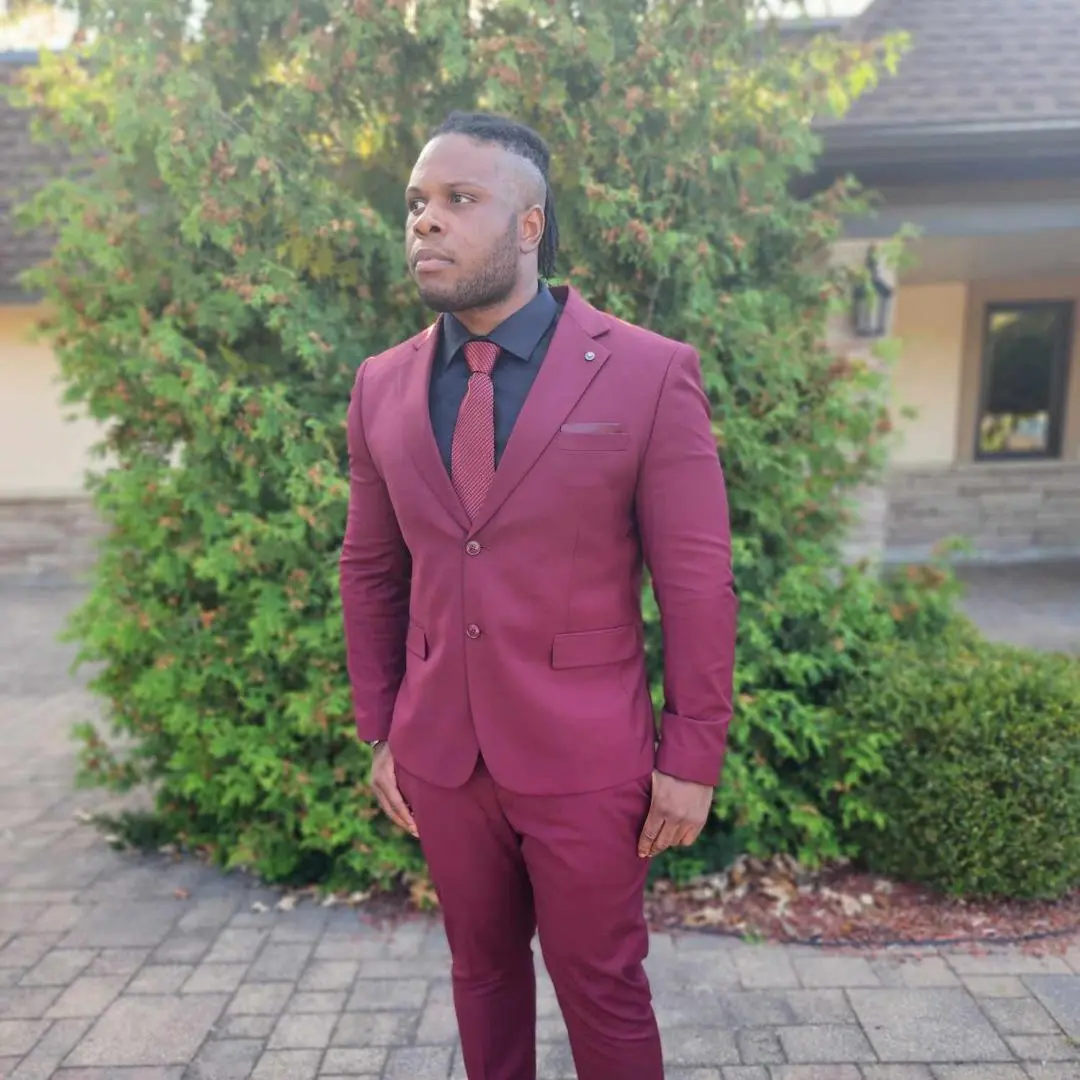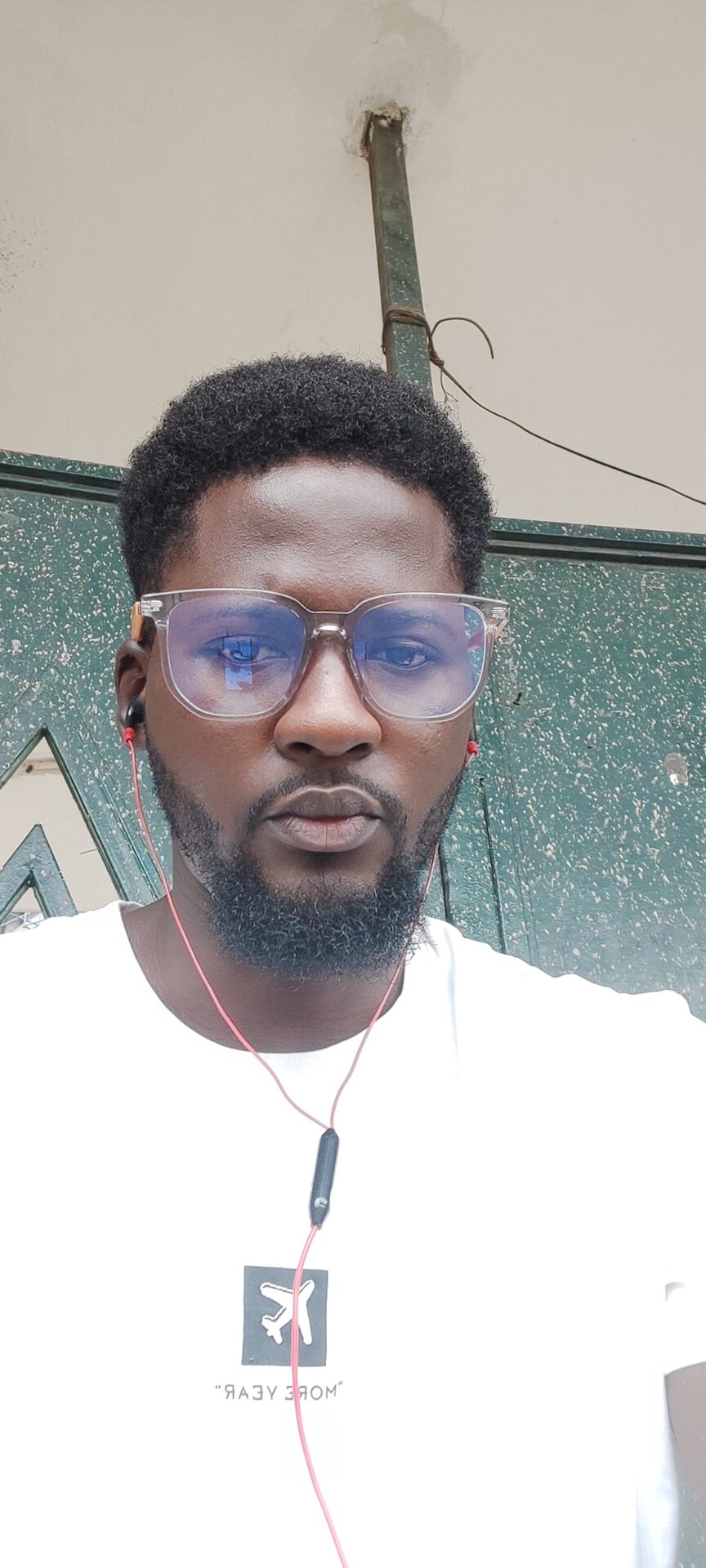
Top 30 Cartoon Characters That Were Villains
Our list rounds up the top 30 cartoon characters that were villains, each one more wonderfully wicked than the last.
Interview
Ikenna Osuji, author of Agent Arimonu and Chronicles of Ilu tells Littafi readers what it means to write such uniquely African fantasy,

Ikenna Osuji, author of Agent Arimonu and Chronicles of Ilu tells Littafi readers what it means to write such uniquely African fantasy, diving deeply into the writing process and thematic dynamics of his fantasy works.
Both Agent Arimonu and Chronicles of Ilu explore memory, loyalty, and survival, but through entirely different lenses. What personal or philosophical ideas tie these stories together for you as parts of a shared world?
The personal idea that ties these two stories together is one of survival, loyalty, and psychological concepts such as memory, love, and loss. I feel these very human concepts make for good engaging storytelling and really put the reader “in the driver’s seat, which makes the story more personal. Since this is intended to be a distinctly African story, I explore concepts such as cultural identity in a changing world. In both stories, I wanted to touch on how Adịmians view themselves in relation to other Adịmians and how certain Adịmians don’t even view themselves as Adịmian because of heritage and cultural loyalty, which is a concept that is distinctly African.
The Chi system feels both spiritual and scientific. How did you strike that balance between mysticism and logic, and what rules or restrictions guided your design of it?
I’m pleased that you, as the reader, picked up on that; this was the intention when creating the Chi system. Because it is a fantasy novel from the point of view of the Adịmians, who are deeply spiritual people themselves, elemental manipulation is explained in a way that makes it spiritual and mystical. Within certain lands on Adịm, where science is more prominent (like the south, where characters like Achan and Father Bol hail from, or Adịm, where Arimonu hails from), elemental manipulation has a more methodical view and approach. In future stories from this universe that lean more into science fiction than fantasy, the scientific side of elemental manipulation will be explored more in depth.
In both books, the tension between belief and control, faith versus manipulation, runs deep. Do you see this as a reflection of how power functions in real societies?
Yes. We see this in real life constantly, from religious institutions to the government and everything in between. Corruption and abuse of power is an unfortunate side of the human condition and also makes for layered storytelling.
Yes. We see this in real life constantly, from religious institutions to the government and everything in between. Corruption and abuse of power is an unfortunate side of the human condition and also makes for layered storytelling.
This shift was very intentional. I aimed to create an engaging and authentic African science fantasy series with the cultures I’m familiar with. The biggest challenge in creating a distinctly African world was separating pre-colonial history from colonial history. I wanted to shift into something more pre-colonial to make it as authentic as possible,, but I also wanted to create something new and unique, within the given parameters of the world. It certainly was challenge balancing those two concepts but with the proper research I was able to pull it off.
Both Arimonu and the figures in Ilu wrestle with truth in fractured worlds, one through illusions and espionage, the other through invasion and faith. How do you decide how much truth to reveal to your readers versus what to let them suspect?
This was one of the more challenging aspects of writing this series and was something I struggled with in Guardians of Adịm: Defenders of Agworia, the earliest title within this universe. I feel switching from a third-person omniscient narrative to a first-person narrative certainly helped scale things down for the reader and builds more suspense because, as the reader, you are now traversing the story as the given character rather than an all-knowing voice telling the character’s stories. This makes the revelation of truths easier to follow but also builds tension in the places where truth is not as certain.
The Guardians and the sea-born invaders feel like two sides of the same moral coin: disciplined order versus chaotic evolution. Was that contrast intentional, and if so, what does it suggest about your larger vision for the series?
It was intentional in the sense that the opposing sides are actually not all that different morally despite their evolutionary differences. One of the core questions asked when building the world of Ilu was “What if there was a planet with multiple sentient species, rather than just one?” I plan on releasing a novella from the point of view of a third sentient species that are human-like, but are not human and the role they play between the Adịmians and the insects.
With two books already expanding a shared universe, readers will naturally wonder what comes next. Do you plan to continue exploring other corners of this world, or shift focus to entirely new projects?
Definitely! The world of Ilu is quite vast. The focus has been on the Adịmians thus far, but there are also other groups of humans, such as the Heshtuk, Del-Arans, and Saiganans. There are stories that I want to touch on with that, but my immediate focus is concluding Agent Arimonu’s story and also introducing the third sentient species of the world.
When you write, do you begin with plot and structure, or does emotion lead the way before the story takes shape?
Before any story theres always plot, structure, and character planning just so I have a general sense of where I’m taking things but I don’t make it too rigid, there is room for emotion and creative freedom where necessary.

The Tyrant Overlord. Fantasy buff and avid football fan.

Our list rounds up the top 30 cartoon characters that were villains, each one more wonderfully wicked than the last.

DC is great at making comics and animated movies, while the MCU has the upper hand in its cinematic aspects

Discover the best apps to read books for free in 2025. Access thousands of free e-books and audiobooks on your phone or tablet. ...

There are some outright funny cartoon characters who exist solely to crack you up, loud, hard, and with zero apology.

Things Fall Apart is for the colonizers as well as the colonized, helping to understand the role of colonialism in the realization...

While many of the Nollywood movies on our list are quite old, it’s a testament to the capabilities of the industry’s p...

While this isn’t an exhaustive list, it comprises some of the most popular mythical creatures from around the world.